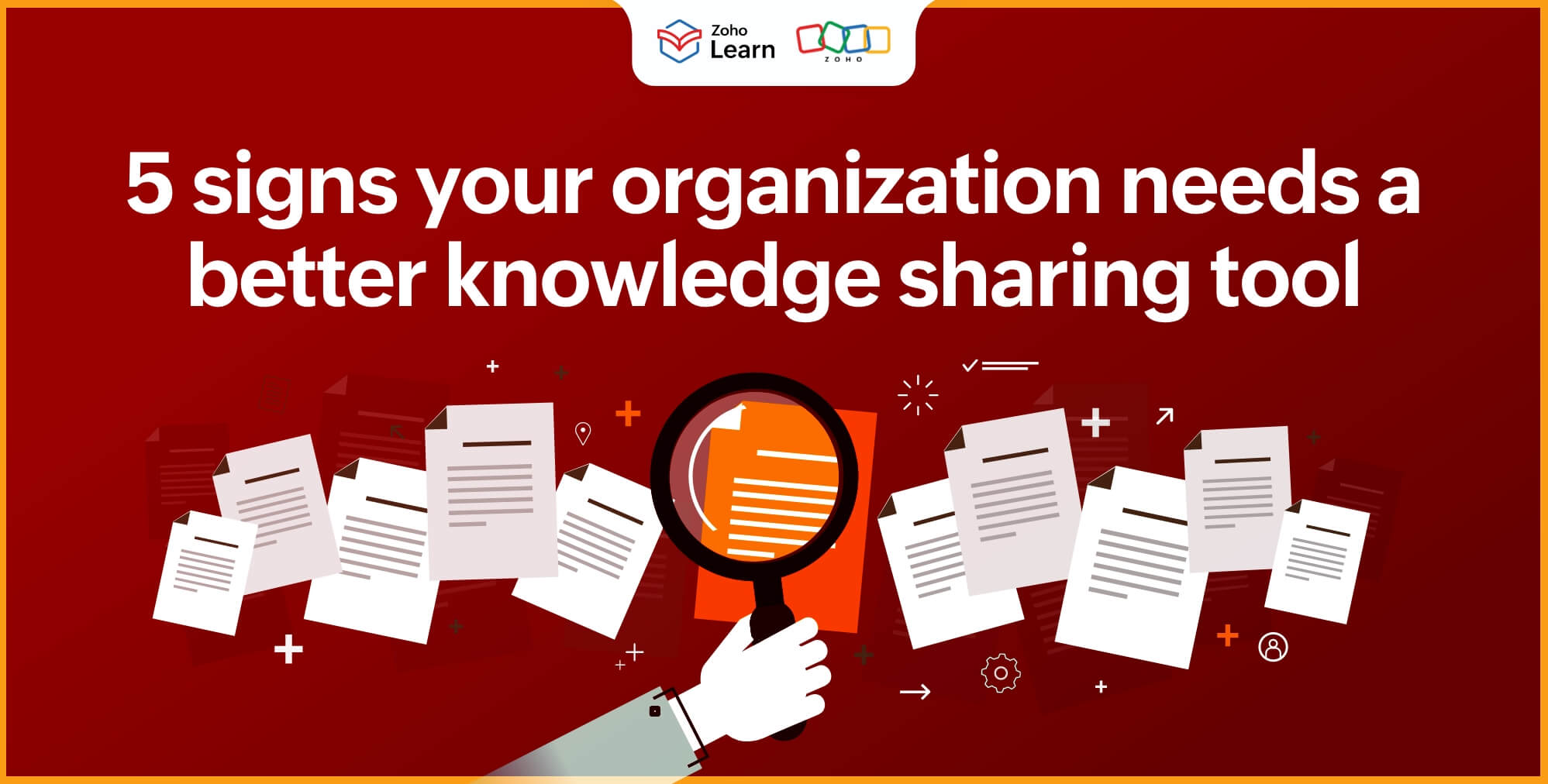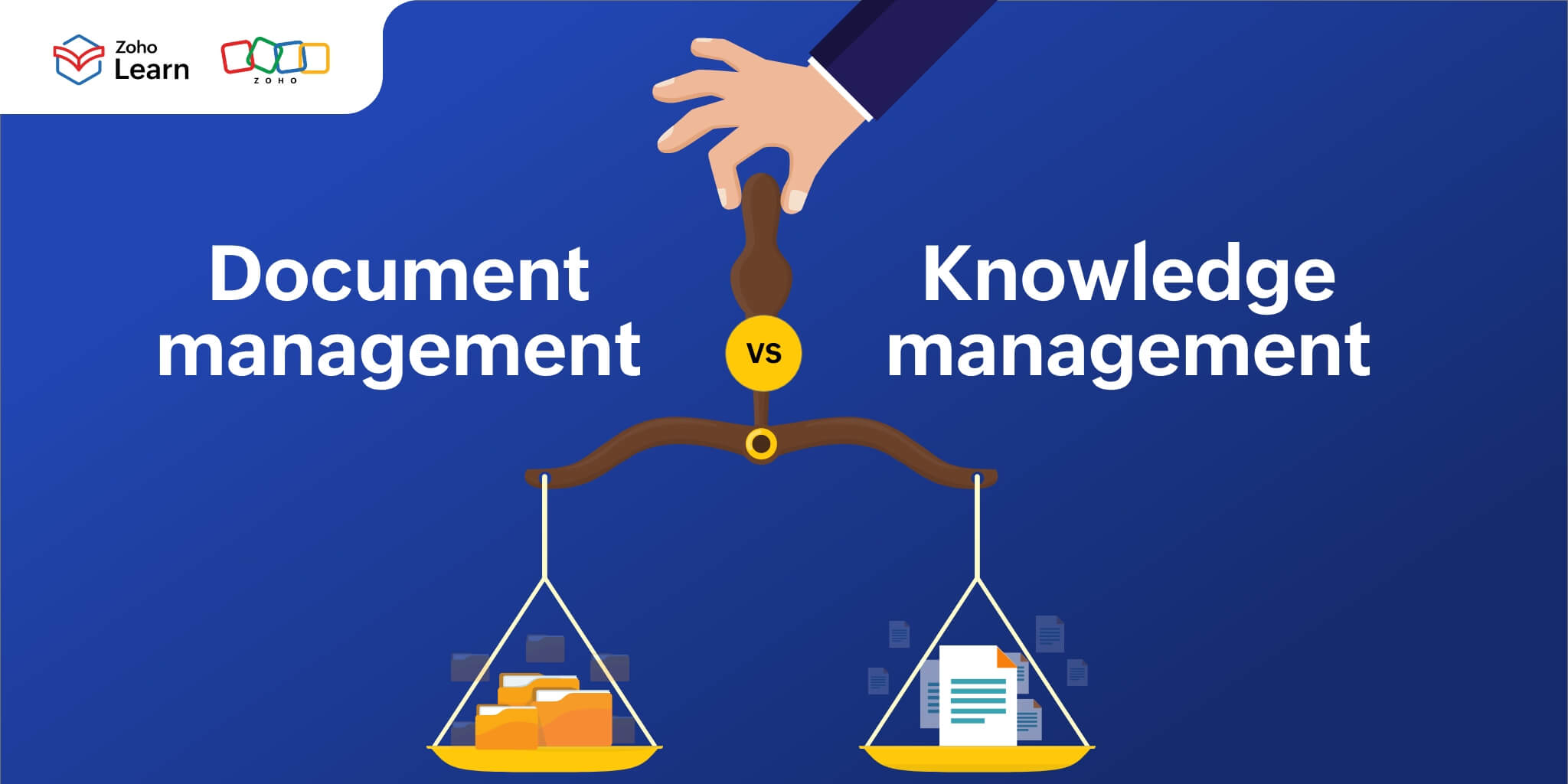- HOME
- Knowledge Management
- Hidden costs of poor knowledge management
Hidden costs of poor knowledge management
- Last Updated : October 11, 2023
- 2.4K Views
- 2 Min Read

One of the biggest challenges for any organization is to find the right strategy and tools to manage their knowledge effectively. You should identify a platform that meets your organization's needs and helps employees collaboratively capture and utilize company knowledge. Without proper processes and tools, employees may not be able to consume and leverage knowledge to solve problems at their job.
Not getting the right information at the right time can affect the productivity of employees, which in turn can impact your business. Let's take a look at some of the hidden costs of poor knowledge management that may affect your business:
Increased search time
McKinsey reports that the average employee spends 1.8 hours every day searching for and gathering company information due to the unorganized and unmanaged data in their organization. When organizations use traditional folder-based storage systems, files are nested within a hierarchy of folders and sub-folders. If you’re not the person who organized the folders, it can be difficult to know where to look for the information you need. Thus, employees spend more time looking for information than they do actual working. This results in an enormous cost of wasted employee time and lost productivity.
Cost to recreate lost information
When employees can't find the information they need, they end up personally gathering and capturing it to complete their task. IDC estimates that up to 50% of company knowledge is not centrally searchable. This means that most employees spend more time recreating existing knowledge than capturing new knowledge. This results in the waste of employee production time.
Opportunity cost for your business
When knowledge is poorly organized, most information will be inaccessible to employees. They will not be able to find important information, such as research insights, user feedback, and customer requirements. Your organization will not be able to optimize your solution based on the needs of your customers. This leads to missed sales opportunities and loss of existing customers, which in turn affects the overall growth of your organization.
Faulty decisions because of improper information
When knowledge is poorly managed, the information available to employees may not be complete, accurate, or consistent. Both employees and senior management depend on this information to make data-driven decisions. Poor quality data hampers your organization's long and short-term decisions, which affects the quality of your business.
Incorporating a strategy with the right knowledge management tool can help reduce hidden costs and increase employee productivity. A good knowledge management solution centralizes knowledge and expertise gathered from different sources and ensures it is accessible to all employees, providing a platform to facilitate continuous knowledge sharing in your organization. With the right solution in place, professionals don't need to spend time searching for or recreating information. The right learning management solution can facilitate a knowledge-sharing culture in which employees and company leadership can capitalize on information to drive your business.


